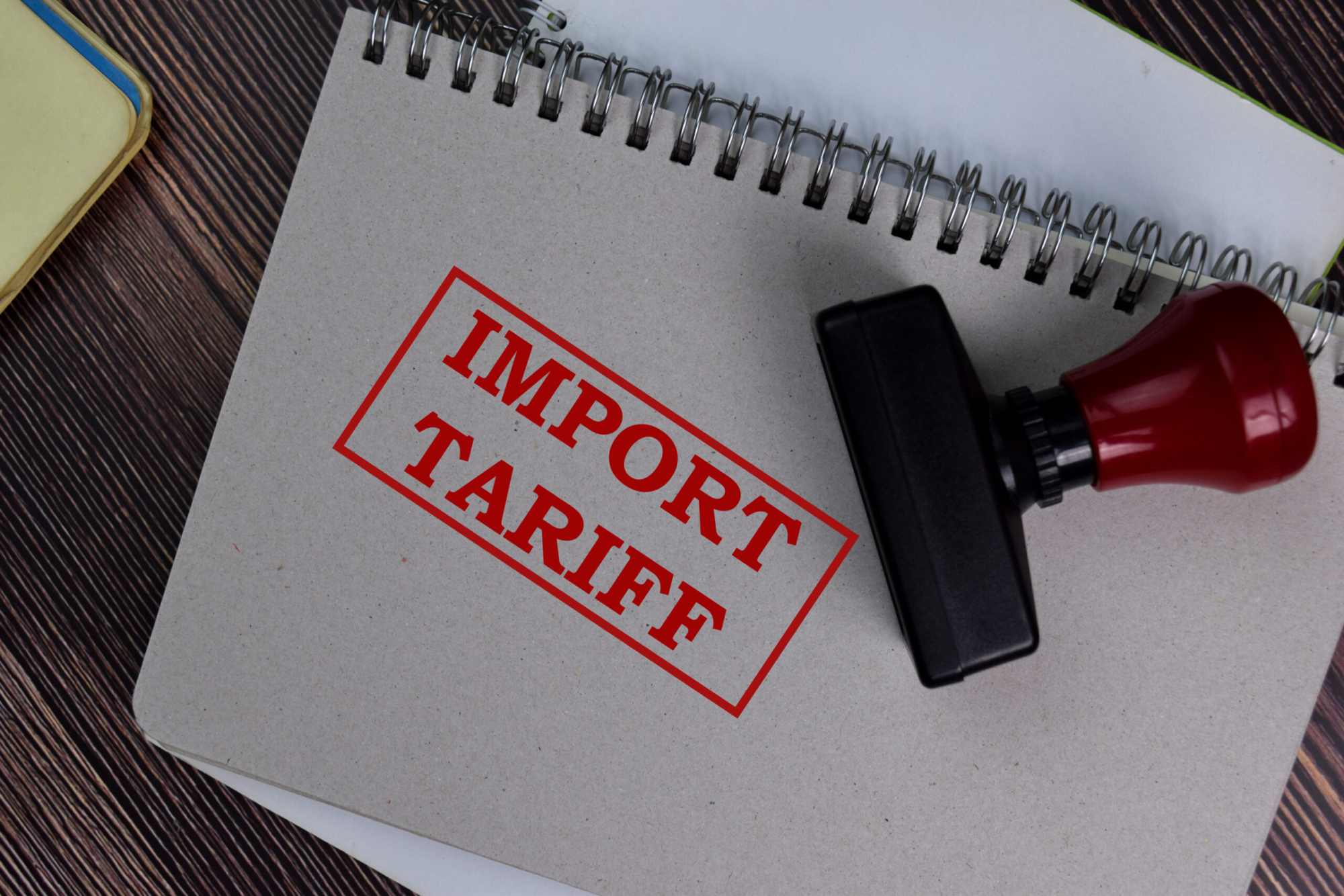
Officials in Mexico, Canada and China have expressed strong concerns about U.S. President-elect Donald Trump’s proposal to impose sweeping tariffs on goods from these major trading partners. Officials have warned that such measures could harm all economies involved, fuel inflation, disrupt the job market and destabilize global trade.
Also read: “US importers to face tariffs regardless of election outcome”
The tariffs announced Monday include a 25% tariff on imports from Canada and Mexico, and an additional 10% on Chinese goods. Trump said the need to combat the flow of illegal drugs and strengthen border controls were key drivers behind the move. Leaders of affected countries have urged dialogue to prevent economic damage.
Mexican President Claudia Sheinbaum expressed her concerns at a press conference, saying: “One tariff will lead to another, putting our mutual business at risk.” Sheinbaum intends to The issue was discussed directly with Trump in a letter and planned phone call.
Likewise, Bank of Canada Deputy Governor Rees Mendes warned of the bilateral impact of such tariffs. “What’s happening in the United States has a significant impact on us, and it will undoubtedly ripple through both economies,” Mendez said at a public event in Charlottetown, Prince Edward Island.
A spokesman for the Chinese Embassy in Washington echoed those sentiments, saying “no one wins in a trade or tariff war.”
Trade tensions and economic risks
U.S. Commerce Department data shows that in the first nine months of this year, these three countries exported more than $1 trillion worth of goods to the United States. Mexico, China and Canada are the United States’ three largest trading partners, underscoring the high risks of these proposed tariffs.
Trump sees the measures as part of his broader “America First” agenda. He faced similar tariff threats during his first term, including 5% tariffs on Mexican goods in 2019 to pressure Mexico on immigration controls. This time, Trump singled out the opioid crisis, specifically fentanyl trafficking, as a major grievance.
Although the Centers for Disease Control and Prevention reports that fentanyl overdose deaths in the United States declined in 2023, the death toll remains staggering, with nearly 75,000 deaths.
USMCA and legal hurdles
Critics argue that Trump’s tariff threats could violate the United States-Mexico-Canada Agreement (USMCA), which ensures largely duty-free trade between the three countries. The agreement was signed into law by Trump and will be in effect until 2026. However, legal experts warn that Trump could circumvent such restrictions by invoking a national emergency under the International Emergency Economic Powers Act.
“If precedent is any guide, challenging such actions will be an uphill battle,” said Warren Murayama, former general counsel to the U.S. Trade Representative.
market reaction
The news sent the Mexican peso and Canadian dollar tumbling, while U.S. stocks appeared largely unwavering. Some economists view Trump’s tariffs as a negotiating tactic rather than a clear policy.
“This appears to be a leverage tool rather than a revenue-raising strategy,” said Thomas Ryan, North America economist at Capital Economics. “This sets the stage for what Canada and Mexico are going to be doing over the next two months.” Solid planning leaves room to avoid these tariffs.”
Despite the uncertainty, industries that rely on cross-border trade, including automakers, are already feeling the impact, with shares of companies such as Ford and General Motors falling sharply.
The coming weeks are likely to test the resilience of the U.S. trade relationship as negotiations unfold. It remains to be seen whether Trump’s words will translate into action, but the threat has already raised concerns about the future of global trade stability.











Leave a Reply Cancel reply
You must be logged in to post a comment.